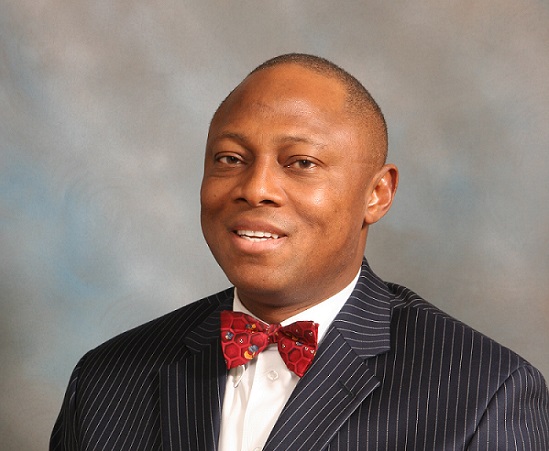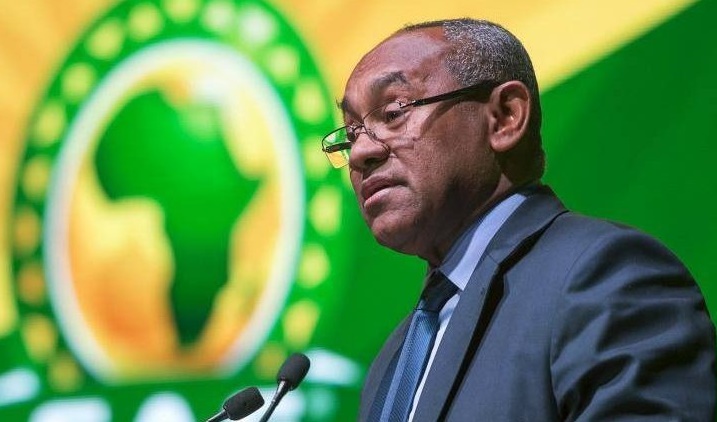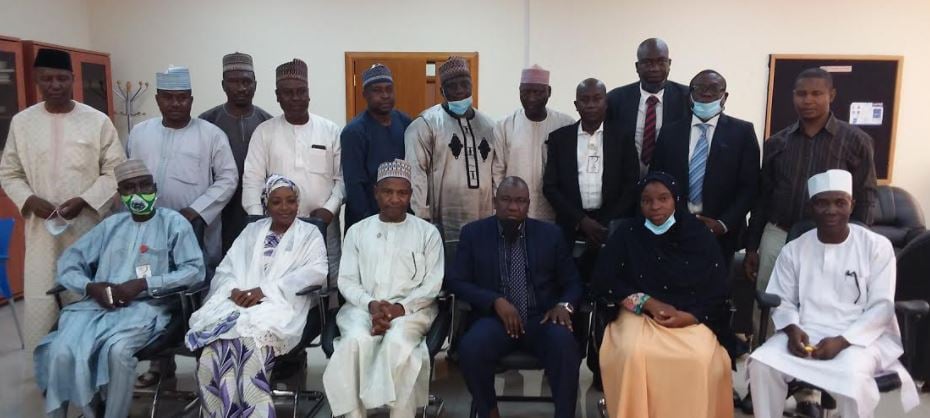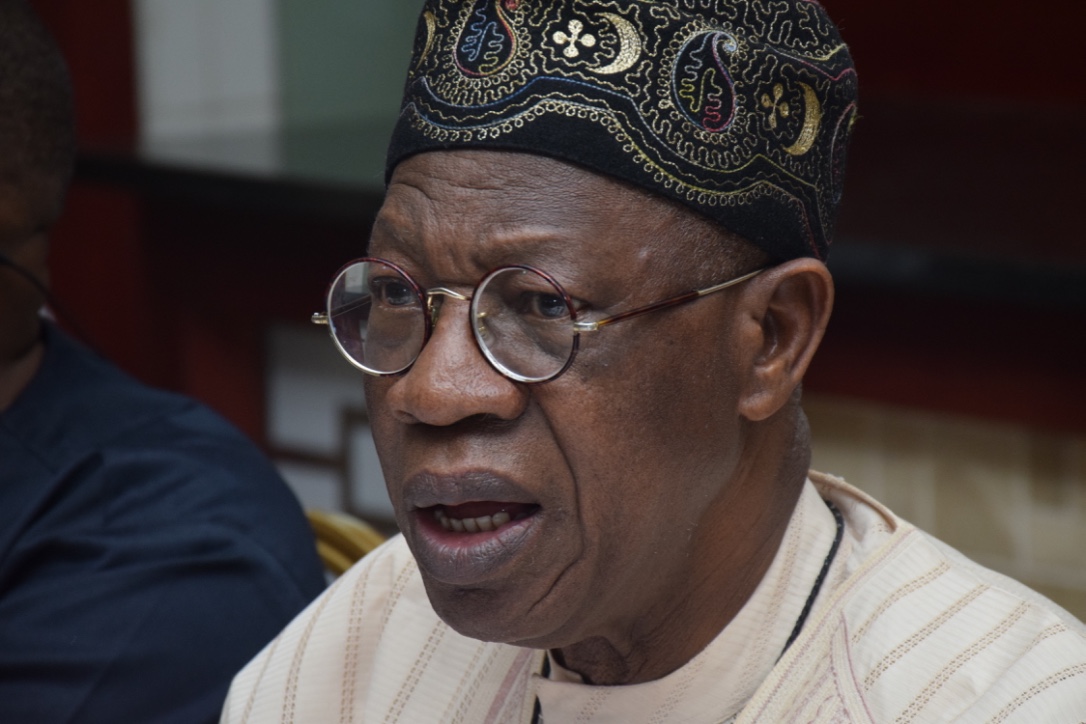The Pentecostal churches in Nigeria kicked against the Company and Allied Matters Acts (CAMA) in churches because it contradicts their belief in the “invisible”.
This reason was projected over the weekend by panelists during a conference organised to celebrate the works of Nimi Wariboko, Nigerian-born US scholar who is also a Walter G. Muelder Professor of Social Ethics at the Boston University.
The conference focused on one of his flagship work known as ‘The Philosophy of Nimi Wariboko: Social Ethics, Economy, and Religion’.
Several clerics had objected to CAMA which President Muhammadu Buhari signed into law on August 7, 2020.
Advertisement
Under the law, religious bodies and charity organisations will be strictly regulated by the registrar-general of Corporate Affairs Commission (CAC) and a supervising minister.
CAMA provides that the commission may by order, suspend the trustees of an association or a religious body and appoint an interim manager or managers to coordinate its affairs where it reasonably believes that there has been any misconduct or mismanagement, or where the affairs of the association are being run fraudulently or where it is necessary or desirable for the purpose of public interest.
Reacting to CAMA, David Oyedepo, presiding bishop of Living Faith Church Worldwide, said such laws were borne of out the government’s jealousy about the prosperity recorded by the church.
Advertisement
“The church is God’s heritage on earth. The church works on the pattern delivered by God not the pattern of man. Government has no power to appoint people over churches,” Oyedepo had argued.
On Monday, the Corporate Affairs Commission (CAC) said it will begin the implementation of the Companies and Allied Matters Act (CAMA) on January 1, 2021.
In an interview with Toyin Falola, a professor of history at the University of Texas, in October, Wariboko said “by spell of the invisible, I mean the drive of Nigerian Pentecostals to understand reality beyond the pale, beyond the ordinary contact with reality”.
“We have the phenomenological world, the physical world that coordinates our reality, but this is not enough for them. They are propelled to understand what is behind the phenomenological veil or wall. Pentecostals are always moving from the physical to the non-physical, to the spiritual realm to make sense of their visible world.”
Advertisement
Drawing insights from Wariboko’s theory of The Spell of Invisible depicted in his book, Nigerian Pentecostalism, the panelists, Benson Igboin (Adekunle Ajasin University) and Abimbola Adelakun (University of Texas), argued that Pentecostal churches believe that matters of accountability in the church are best left in the hands of the “unseen” who presides over and controls the matters of the seen, hence, a law that is supposed to facilitate accountability became a matter of persecution in churches.
“In Nigerian Pentecostalism, the last chapter where he writes on the logic of invisibility, he answered the question on how Nigerian pentecostalism and Nigeria itself reflect one another and the politics that define one, also defines the other,” Adelakun said.
“The argument about the logic of invisibility is that the power of things that are not seen controls the things that can be seen. Because in a culture where the logic of invisibility reigns, asking people to be transparent in their dealings is a crime because it exposes them to an outsider.”
In his presentation, Igboin reasoned that Pentecostals “see accountability as relating between them and God”.
Advertisement
“So, they see accountability as relating between them and God who they argue ultimately would decide whether or not if they ran the church while here on earth in accordance with the Christian principles of accountability,” he said.
“The question that this brings up is why churches should be made to operate at the level of visibility that even the state itself is not capable of demonstrating. And for so long, the logic of invisibility, the ability to hide the things that you are doing and not give account has defined sovereignty in Nigeria.
Advertisement
“So when the government came up with the idea that would make pentecostal churches operate with a greater clarity into their activities, what they saw is a strategy to take enfeeble them, to take away that part of their sovereignty.”
WHO IS NIMI WARIBOKO?
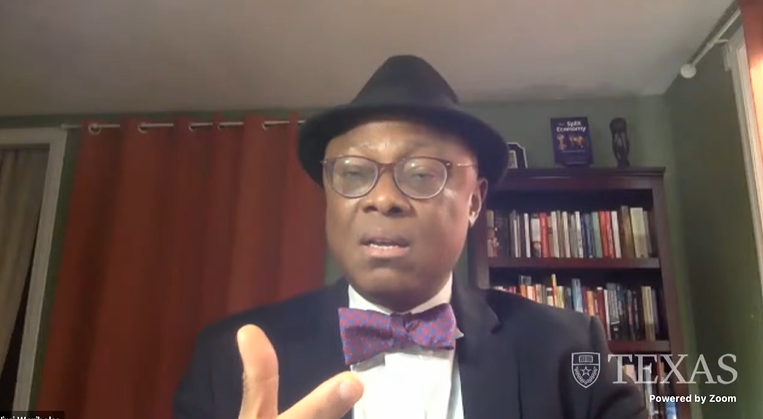
Nimigborueneboa Elekima Wariboko (NEW) is a theorist, theologian, ethicist, cultural theorist, and philosopher. He is also an economist whose studies have impacted the understanding of African economic history, business management, valuation of corporations, and financial statement analysis.
Advertisement
He has been an economic and strategy consultant to the federal government of Nigeria and the Central Bank of Nigeria (CBN).
Wariboko is a prolific scholar, having published eighteen monographs and co-edited four volumes; two books (one on economic philosophy and the other on Pentecostal philosophy) are expected to be published in 2020, bringing his total number of monographs to 20.
Advertisement
According to Falola, “NEW thrives by feeding his curiosities about the humanity, the society, and the lived experiences of post-independent African peoples with a transdisciplinary model of inquiry in philosophy, history, economics, theology, political theory, and anthropology”.
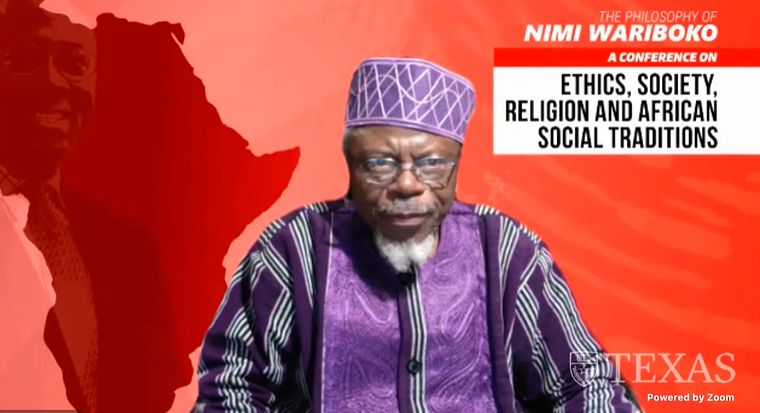
Asked how he is able to write on diverse fields, Wariboko told Falola that he works only on what excites him.
“If something doesn’t catch my interest, if something doesn’t move me, if a book does not write itself in my being, I don’t try to do it and that is one reason I have never signed a book contract before I write a book,” Wariboko said.
His works include: The Mind of African Strategists: A Study of Kalabari Management Practices (1997), Pattern of Institutions in the Niger Delta: An Economic and Ethological Interpretation of History and Culture (2007), The Depth and Destiny of Work: An African Theological Interpretation (2008), Ethics and Time: Ethos of Temporal Orientation in Politics and Religion in the Niger Delta (2010), Nigerian Pentecostalism (2014), The Split God: Pentecostalism and Critical Theory,
Speaking during the launch of ‘The Philosophy of Nimi Wariboko: Social Ethics, Economy, and Religion’, Mary Elizabeth Moore, dean, School of Theology, Boston University, said she is amazed by how Wariboko is able to portray a new angle to existing knowledge with every new book he writes.
“I’d like to invite you into the works of Professor Wariboko which are many, the works of socio-ethics, economic-ethics and finance, African religion and social tradition, theology and philosophical theology. Such an amazing range. These are works named in the book that we celebrate today. The book brings words together within its covers and brings us together to engage Dr. Wariboko’s works,” Moore said.
“As I read his works overtime, I’m amazed as to how with every new book, he turns the genre to another angle and you see new faucets, acknowledge new faucets of questions and today we would be privileged to have the participants ponder into Nimi’s works, yielding patterns of thoughts and do justice to thoughts that dazzle the mind and disturb it at the same time.”
Add a comment

